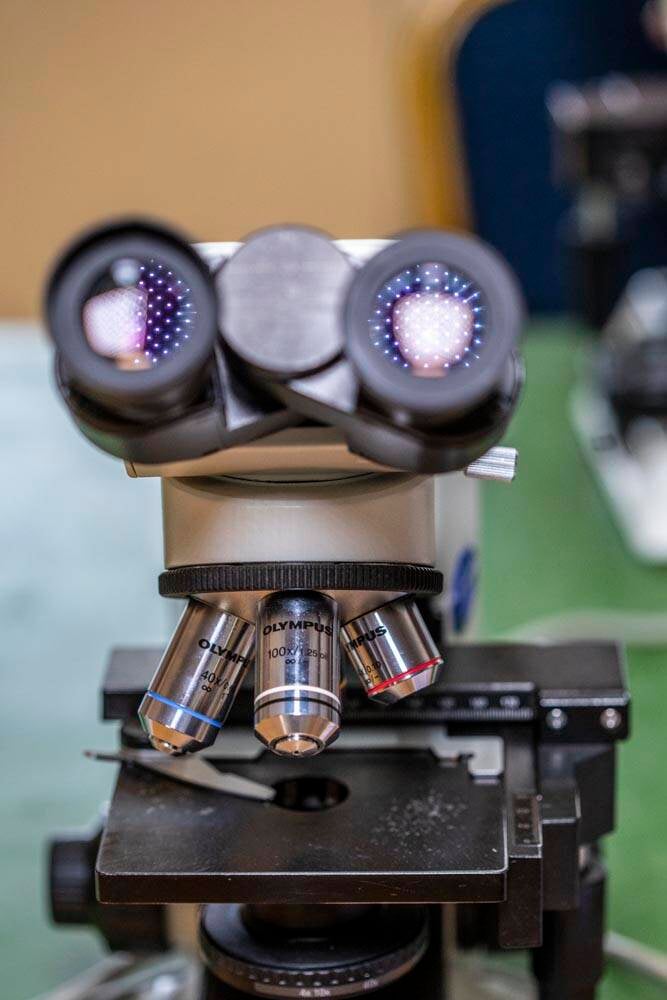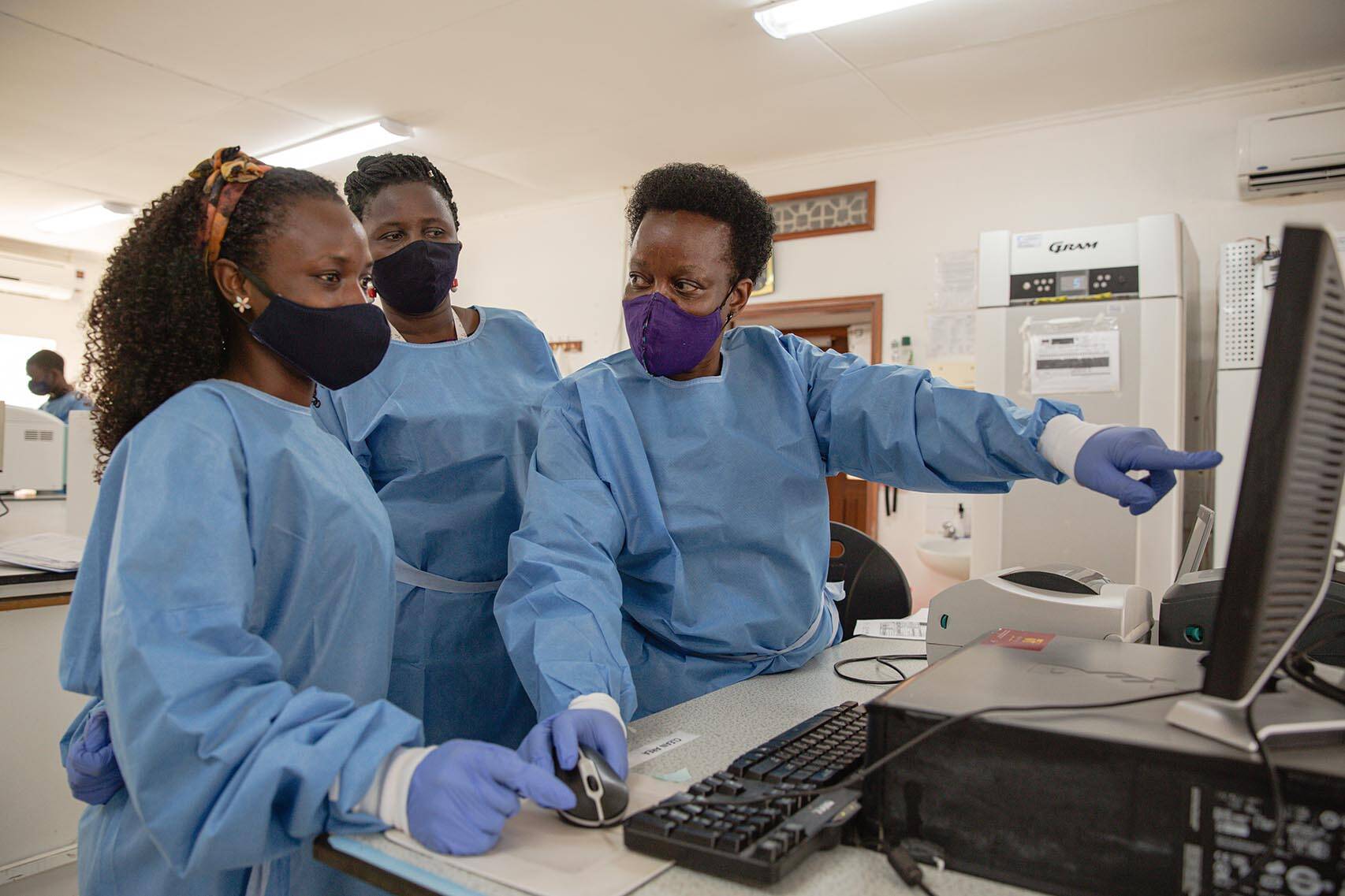
scroll down
Dr Christina Thobakgale has shed light on how a select group of individuals can keep HIV in check even without antiretroviral drug treatment.

In earlier work, Dr Thobakgale identified mutations in the HIV Gag protein that enhance the binding of certain NK cell receptors to HIV-infected cells, which promotes a state of tolerance and inhibits immune responses against these cells.
Conversely, HIV can evolve mutations that abolish binding of NK cell receptors25 that typically trigger a stronger NK response. These studies demonstrated the tendency of HIV to evolve in ways that enable it to evade host immune responses.
In work published in 2024, Dr Thobakgale and colleagues examined the properties of NK cells from elite controllers. She was able to identify particular classes of NK cells that were present in higher or lower numbers in elite controllers compared to progressors. The findings point to an NK cell phenotype that may be particularly associated with HIV control.
Dr Thobakgale was also appointed Head of the Division of Immunology at the University of the Witwatersrand in 2024, where she has established the Wits Immunology Research Programme (WIRP).
A tiny proportion of those infected with HIV appear to be able to suppress viral replication and remain healthy even without antiretroviral therapy. There is great interest in understanding how such ‘elite controllers’ suppress HIV, which could point the way to new treatments or preventive measures.
In South Africa, EDCTP2 Senior Fellow Dr Christina Thobakgale is focusing on a class of immune cells known as natural killer (NK) cells. NK cells are known to have an impact on HIV control but their contribution to elite control is not completely clear.
HIV suppression in ‘elite controllers’